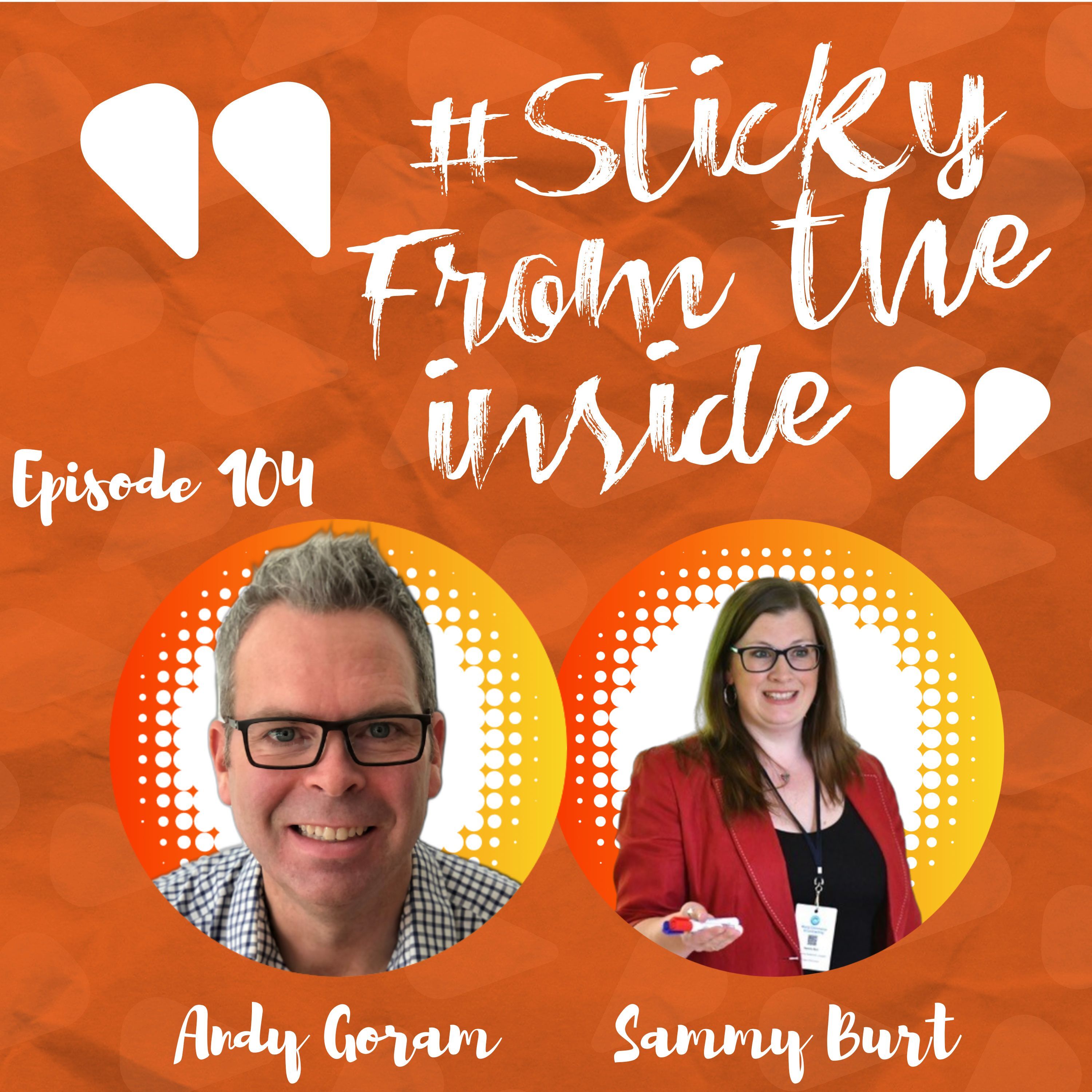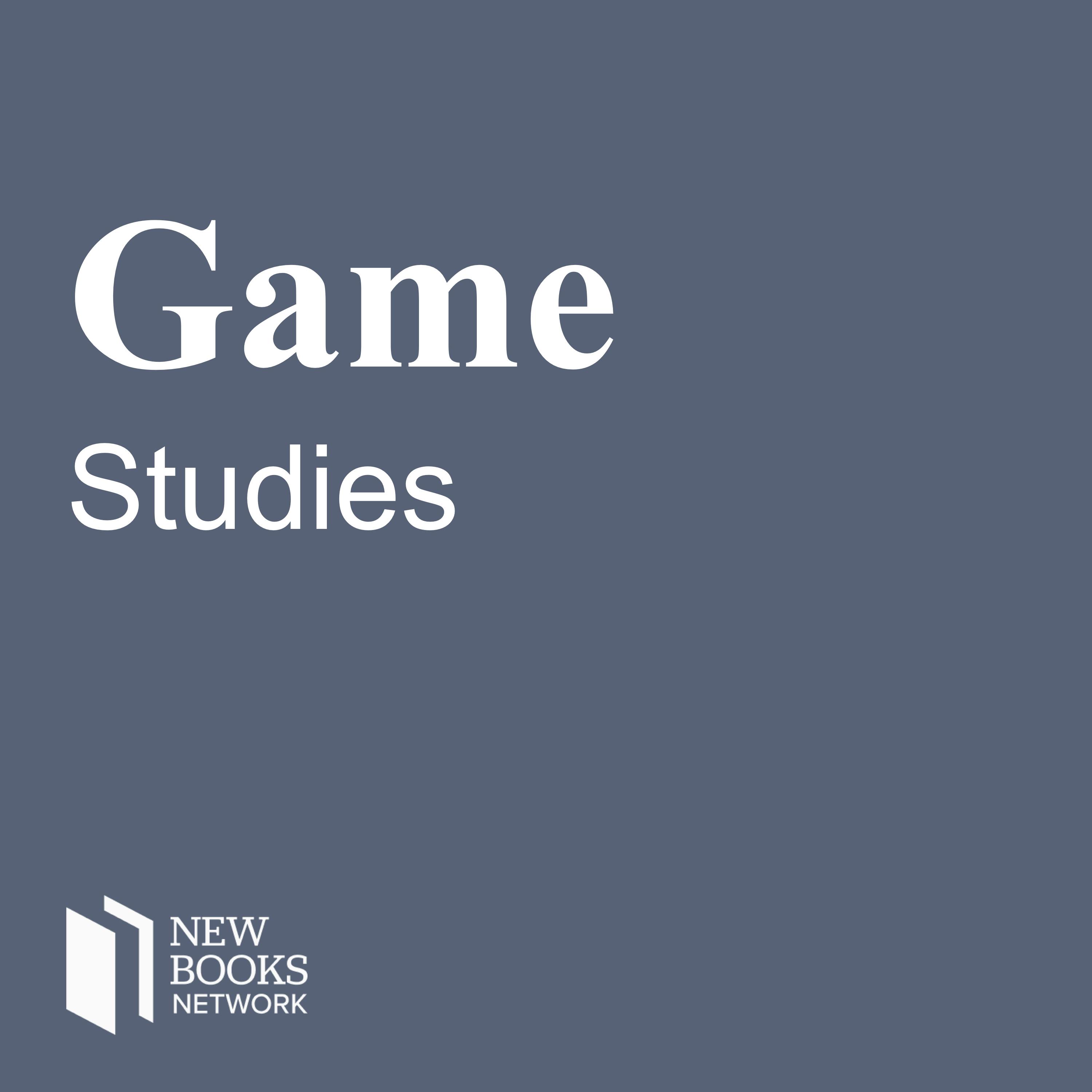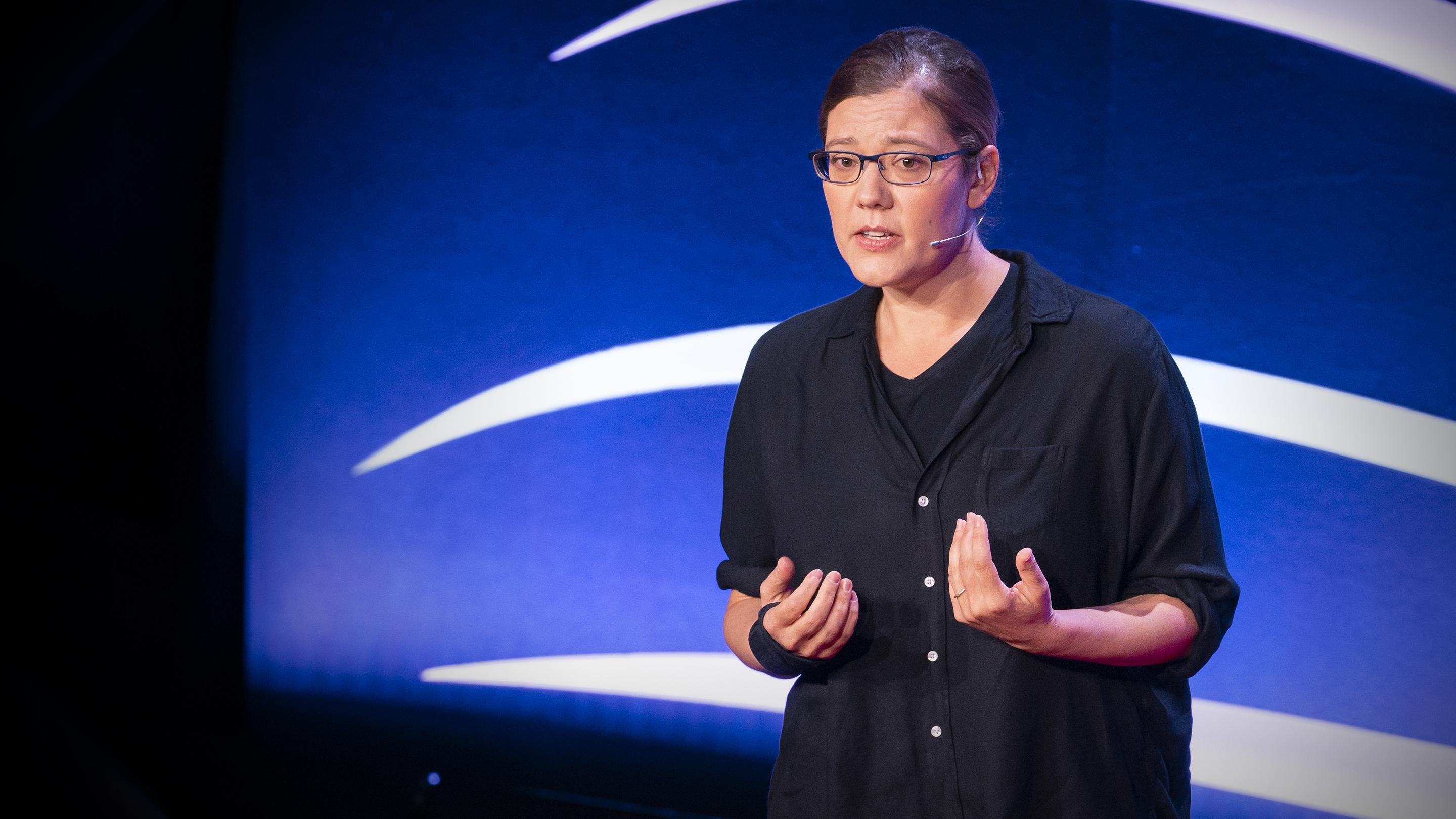Ep 289: The Art of Detecting Teen B.S.
John Petrocelli, author of The Life Changing Science of Detecting Bullshit, explains how parents can identify when their teens are bullshitting and how to raise teens who critically evaluate the information they encounter.If you've enjoyed Talking to Teens, we'd love if you could leave us a five-star rating, and if you have time, a review! Full Show NotesAs teenagers grow and seek more independence, they can sometimes wield sophisticated tactics to avoid responsibility or twist the truth to their advantage. This behavior, often dubbed “bullshitting,” can make the challenging task of parenting even more complex. But how can parents distinguish between harmless exaggerations, outright lies, and simple bullshit?In today’s fast-paced and information-saturated world, parents must not only navigate their teen's emerging independence but also teach them to identify and resist bullshit from other sources. Teens today are bombarded with information from social media, peers, and other influences, making it crucial for them to develop robust critical thinking skills. But how can we ensure that they are equipped to navigate this complex landscape effectively?Enter John Petrocelli, author of The Life Changing Science of Detecting Bullshit. John is not just a researcher but an expert who has delved deeply into the concept of bullshit, differentiating it from lying and studying its impacts on individuals and society. With over a decade of empirical research under his belt, John’s work provides invaluable insights into how parents can better detect bullshit and teach their teens to be critical thinkers.Understanding BullshitJohn introduces us to the nuances that differentiate bullshitting from lying. While both bullshitting and lying involve deception, the bullshitter often doesn't care about the truth—they aim to sound knowledgeable or impressive irrespective of the facts. This indifference towards the truth can have severe implications, influencing our beliefs, memories, and critical decisions.John shares fascinating findings from his research, including how people are more prone to bullshit when they believe their audience lacks expertise or won’t scrutinize their claims. This is where parents can start: by fostering an environment where claims are questioned and critical thinking is actively encouraged.Why Bullshit MattersMany parents might underestimate the significance of their teen’s bullshit, thinking it’s benign or non-malicious. However, John highlights how unchecked bullshit can cloud judgment, lead to poor decision-making, and have lasting negative impacts. It’s essential for parents to stay vigilant and model skepticism, not to erode trust, but to nurture an atmosphere where truth and logical evaluation are paramount.Teaching Critical ThinkingIn the episode, John shares actionable tips for parents to encourage their teens to become critical thinkers: Ask Questions: Encourage teens to think through claims by asking them, “Is that true?” or “Why might that be incorrect?” Model Skepticism: Show by example how to question information and sources without being cynical. Create a Safe Space: Allow your teen to discuss their ideas and beliefs openly, ensuring they understand it’s okay to be wrong as long as they’re committed to finding the truth. John also emphasizes the importance of teaching teens to recognize their own susceptibilities to bullshit, which can come from a desire to fit in, sound knowledgeable, or alleviate awkwardness. By making critical thinking a fun and engaging activity, parents can help teens sharpen their bullshit detection skills without feeling attacked or dismissed.Tackling External Bullshit Teens today are also vulnerable to external bullshit from influencers, social media, and even certain educational resources. John encourages parents to: Discuss Case Studies: Go through dubious claims seen on social media together and break down why they might be misleading or false. Encourage Fact-Checking: Teach teens how to verify facts, check sources, and look for credible evidence before accepting claims as true. Daily PracticeTo make critical thinking an integral part of daily life, John suggests engaging in exercises that involve scrutinizing everyday statements and testing claims. This can start with simple issues—like evaluating advertising claims—and build up to more complex discussions, such as analyzing political statements or media reports.In the Episode…John and I explore a host of additional topics, including: Why experts aren’t always right How to constructively challenge bullshit without causing conflictThe relationship between confidence and bullshit susceptibilityThe role of personality traits in bullshitting tendencies By the end of this episode, you'll have gained valuable insights into fostering a bullshit-free environment and empowering your teenager with the critical thinking skills needed to navigate today’s world effectively. Don’t forget to subscribe to Talking to Teens for more expert parenting insights!Tune in to this enlightening discussion and share it with fellow parents to help them navigate the tricky waters of teenage bullshit and critical thinking.Follow us on Social Media! We're @talkingtoteens on Instagram and TikTok
# Safe Space for DiscussionAn environment where teens feel comfortable sharing their thoughts and beliefs without fear of judgment.

















































